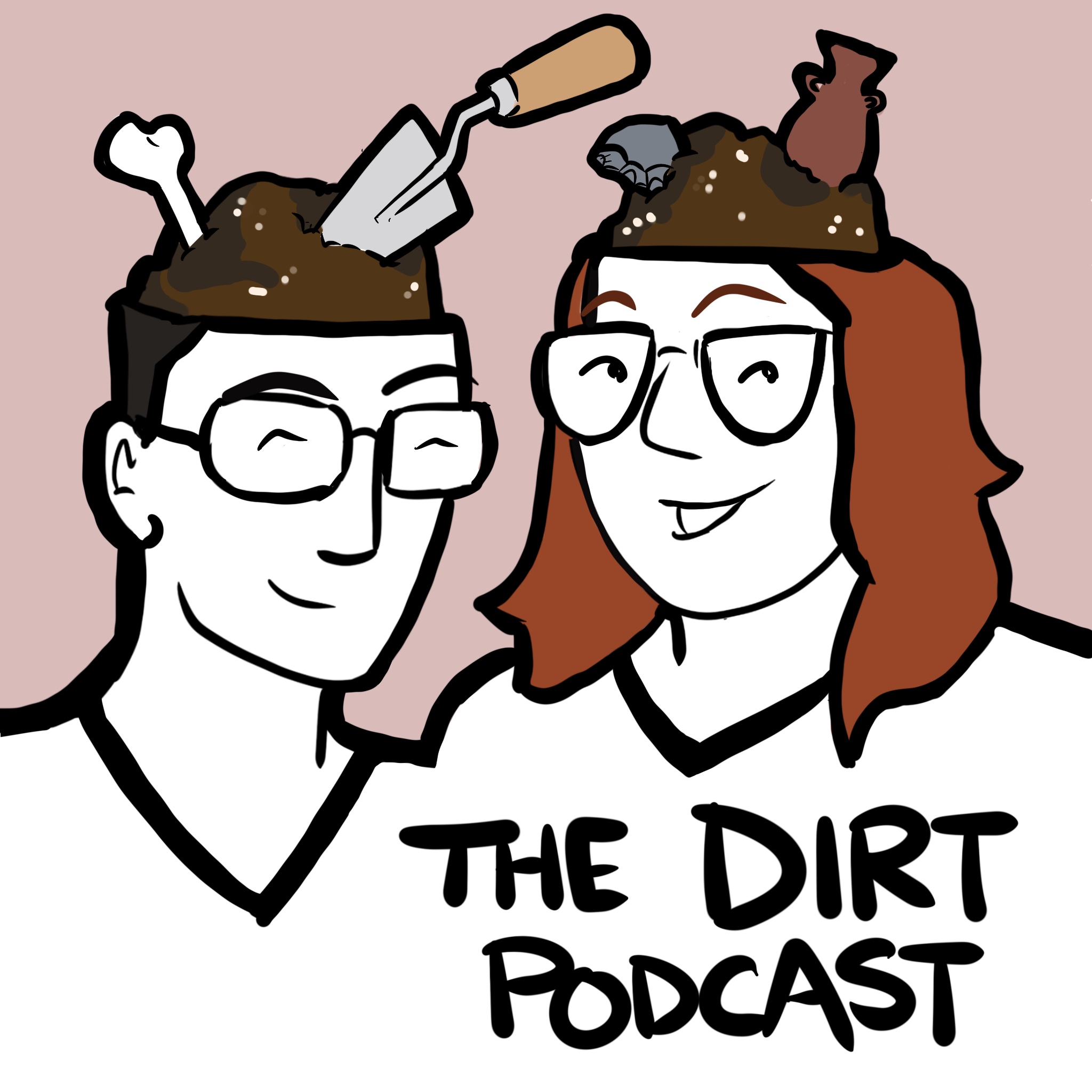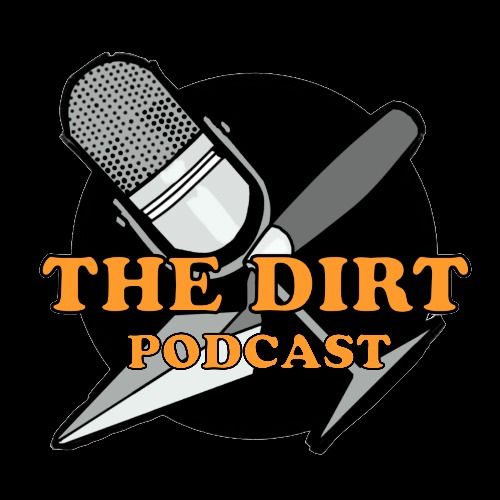bonus
Old News, September 2021
Join us for a round-up of some of the most exciting stories in the world of archaeology from now-last month! Come for the older-than-scientists-but-not-oral-historians-thought findings in different corners of the globe, stay for the peek inside Amber's brain as she rambles and engages with the devils advocates in her head. It's been an exciting month for the Discourse.
Stories shared and discussed on this episode include:
Ancient Footprints Push Back Date of Human Arrival in the Americas (New York Times)
Jennifer Raff's Twitter thread
The Hobbit's bite gets a stress test (Phys.org)
Explainer: What the Most Recent Archaeological Findings in Tamil Nadu's Sivakalai Mean (The Wire)
Moroccan cave yields oldest clues about advent of human clothing (Reuters)
Lice Evolution Tracks the Invention of Clothes (Smithsonian)
Possible Grave of Medieval Christian Hermit Excavated in Spain (Archaeology)
Mass grave of slaughtered Crusaders discovered in Lebanon (LiveScience)
Study Suggests That A Tunguska Sized Explosion Destroyed A City 3,600 Years Ago (Forbes)
Mark Boslough's Twitter
Comet Research Group on Indiegogo

